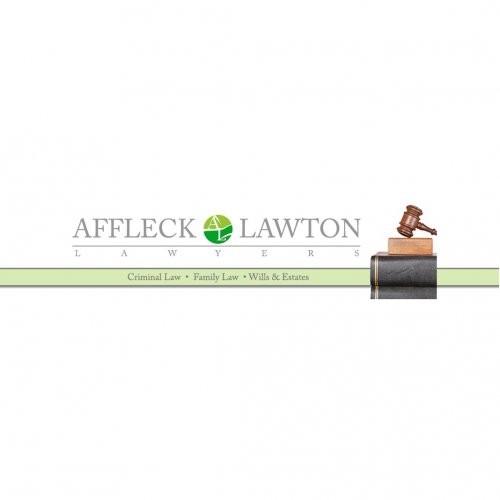Best Criminal Litigation Lawyers in Beenleigh
Share your needs with us, get contacted by law firms.
Free. Takes 2 min.
List of the best lawyers in Beenleigh, Australia
About Criminal Litigation Law in Beenleigh, Australia
Criminal litigation in Beenleigh, Australia involves the process of legally resolving criminal offences. It covers a broad range of offences such as theft, assault, drug offences, traffic offences, and more serious crimes like homicide. This process generally involves an initial investigation, charges being laid by law enforcement, court appearances, and potential sentencing.
The objective of the system is to ensure justice is served and that the rights of accused individuals are protected. It's important to know that the system follows the principle of 'innocent until proven guilty'.
Why You May Need a Lawyer
In cases of criminal litigation, it's crucial to have legal representation to navigate through the complexities of the law. If you are charged with a criminal offence, seeking advice from a criminal lawyer will assist you in understanding the charges against you, your legal rights, and the court procedures involved.
Legal representation can be equally important if you are a victim of a crime to understand your rights and to ensure that you are properly represented and considered in court proceedings.
Local Laws Overview
Beenleigh, like the rest of Queensland operates under the "Criminal Code Act 1899" for the majority of criminal offences. The Act has comprehensive provisions dealing with various types of offences, procedures, and penalties. It is imperative to be aware that some offences can also fall under federal law, which applies across the whole of Australia.
Frequently Asked Questions
What should I do if I'm charged with a crime?
It is important to seek legal advice immediately if you're charged with a crime. You have the right to remain silent and should not provide any further information until you have consulted with a lawyer.
What is bail and how does it work?
Bail is a written promise that you will appear at court on your given date and adhere to certain conditions in the meantime. Bail can be granted by the police or a court, and may involve you or another person promising to pay a sum of money if these conditions are breached.
What is the difference between a summary and indictable offence?
A summary offence, or simple offence, is one heard in the Magistrates Court and typically carries a lighter penalty. An indictable offence is more serious, is generally heard in the District or Supreme Court, and may carry a severe penalty such as imprisonment.
Can I appeal a criminal conviction?
Yes, under certain circumstances, you may appeal a criminal conviction if you believe it was erroneous or unjust. You must generally lodge the appeal within one month of your sentence.
Can a lawyer guarantee a specific outcome?
Every case is different and outcomes depend on a variety of factors including the nature and severity of the charges, how the prosecution presents their case, and how a defense is conducted. Therefore, no lawyer can guarantee a specific outcome.
Additional Resources
You may seek further information from Queensland’s Department of Justice and Attorney-General website or Legal Aid Queensland. These organisations can provide additional resources that can help guide you through the process and understand your rights and responsibilities.
Next Steps
If you require legal assistance in criminal litigation, it would be advantageous to consult a legal practitioner as soon as possible. This could be a lawyer who's specialized in criminal law or a legal aid provided by the state. Compile any relevant documents or information related to your case, and be prepared to discuss your situation in detail.
Lawzana helps you find the best lawyers and law firms in Beenleigh through a curated and pre-screened list of qualified legal professionals. Our platform offers rankings and detailed profiles of attorneys and law firms, allowing you to compare based on practice areas, including Criminal Litigation, experience, and client feedback.
Each profile includes a description of the firm's areas of practice, client reviews, team members and partners, year of establishment, spoken languages, office locations, contact information, social media presence, and any published articles or resources. Most firms on our platform speak English and are experienced in both local and international legal matters.
Get a quote from top-rated law firms in Beenleigh, Australia — quickly, securely, and without unnecessary hassle.
Disclaimer:
The information provided on this page is for general informational purposes only and does not constitute legal advice. While we strive to ensure the accuracy and relevance of the content, legal information may change over time, and interpretations of the law can vary. You should always consult with a qualified legal professional for advice specific to your situation.
We disclaim all liability for actions taken or not taken based on the content of this page. If you believe any information is incorrect or outdated, please contact us, and we will review and update it where appropriate.








